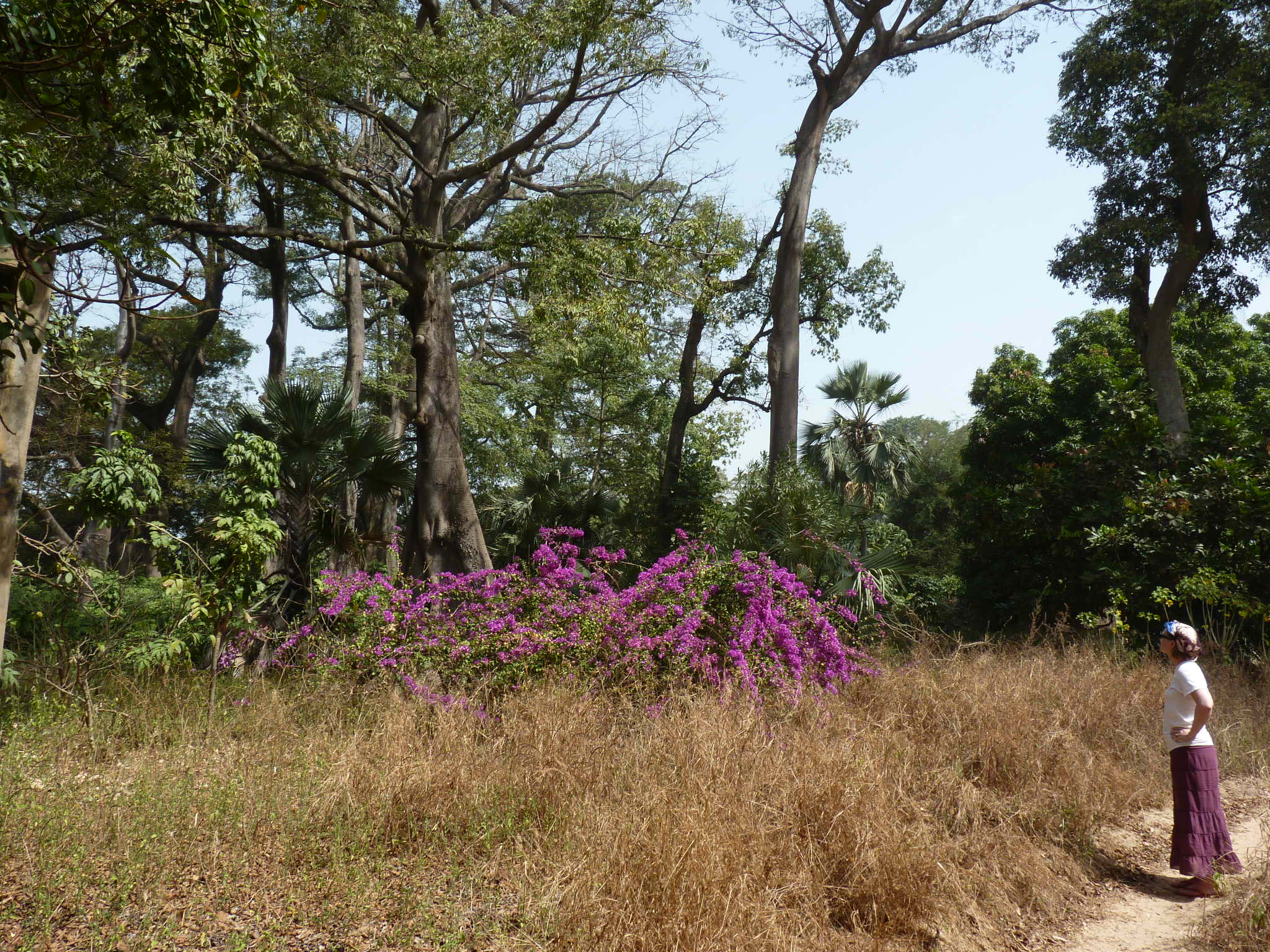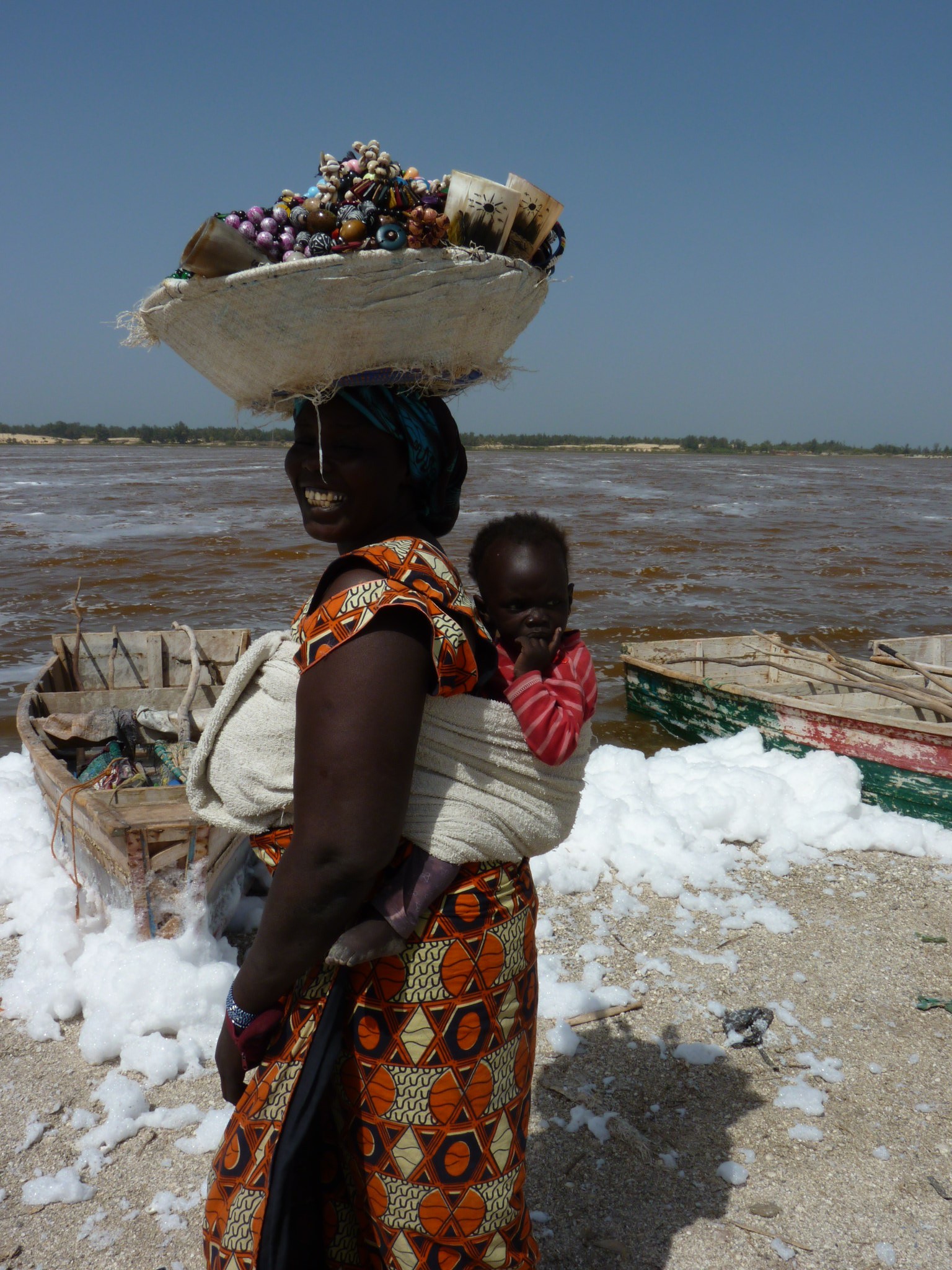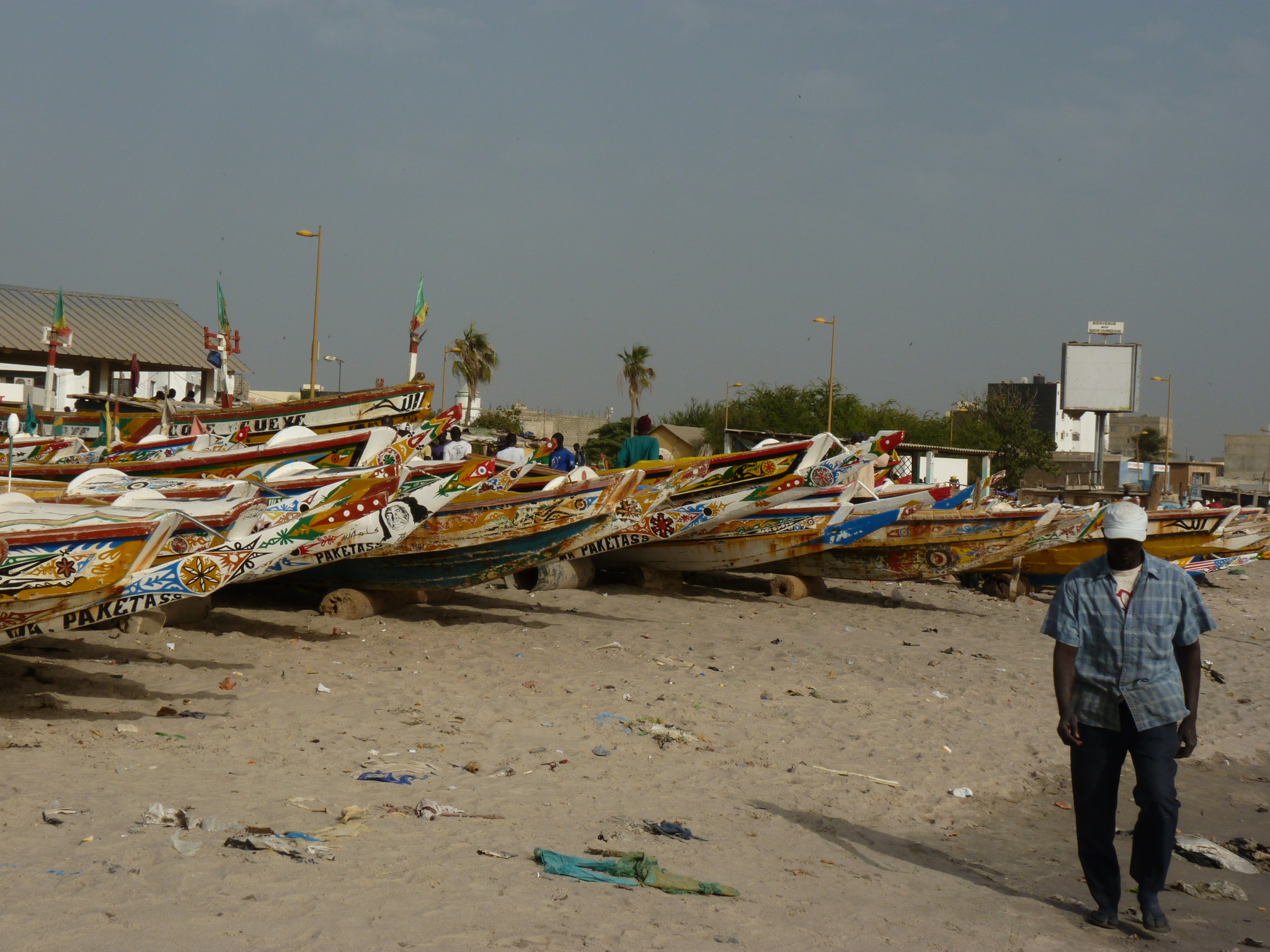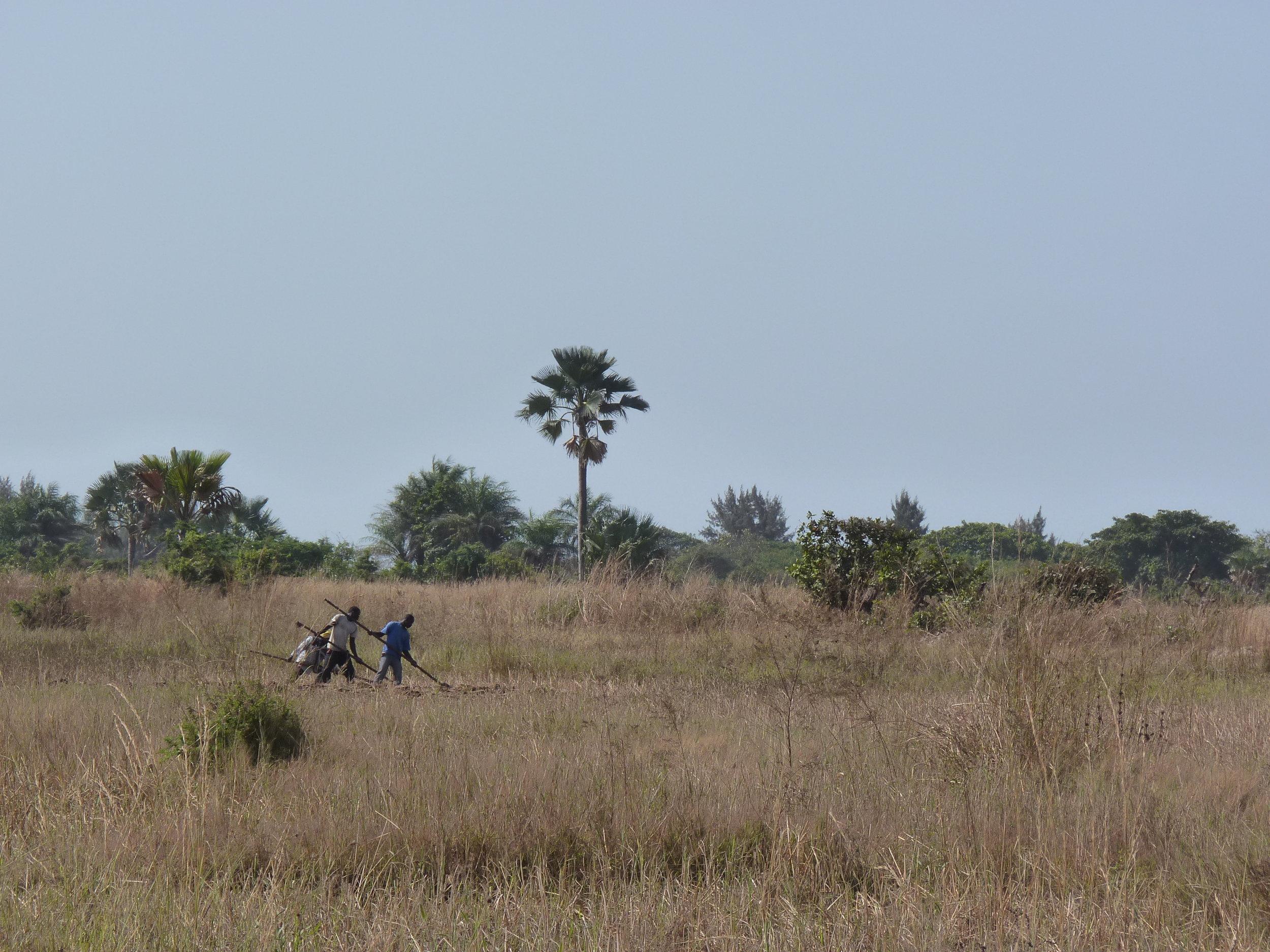When I first started taking French in the 4th grade, this is one of the first phrases we learned. It’s a greeting, like when you say, “bonjour, comment allez-vous” (hello, how are you?). You can answer, “Tres bien, merci” (very well thank you) or “comme ci, comme ca” (so, so), or casually, and what everyone really says is “ca va” (it’s going). But, honestly, when do you ever say, oh it’s going just so so. I mean, even if things aren’t going well, you always say, oh yes things are fine, thank you. It’s a double standard. I’ve come to realize that we hardly share our full presence, but rather manufacture what we think might be socially acceptable. And so, since for most of you my only presence these days is of an online nature, I refuse to give you just a perfect, rosy picture; rather I choose the honest one. And really, things are comme ci, comme ca, a little this, a little that. So so. Not bad, not great. Mangi fi (That’s wolof for I’m here).
It’s a double-standard that mirrors perfectly to the Senegalese experience. One that, after such a long time, I forgot about. I mean, when you get back from a 4 month study abroad experience people want to know, “so? How was it?!” and really, what are you supposed to say? “It was fine, it was great!” And after saying that for 10 years you forget all the ups and downs.
I keep saying you, but really I mean me, and really, I mean to say that as per my last post, Senegal really hasn’t changed at all, I just forgot a lot of what it was like here. I’m so truly thankful that we have been invited into the home of friends – friends who have made us family, who have shown us the true meaning of Senegalese taranga (hospitality). Friends who want nothing more than to share our company and be together. There are many Senegalese who exude this cultural quality – who truly just want to be open and talk with us, and chat a bit. But they are too often mixed in with those who abuse the notion of taranga and slyly invite you to a seemingly jovial conversation only to really want something from you – primarily something monetary. It makes us skeptical, more closed off, and so well, it’s just so so.
During our last few hours in the Casamance, Jon and I sat and had a cup of coffee (Nescafe thank you) in a little local restaurant. The owner was so kind and welcoming. We had a lovely little chat and were getting ready to leave when a very kind woman came up to us and like so many Senegalese wanted to know about us, know our names and chat. But she quickly devolved into desperately trying to sell us something, which after much persistence simply became her asking us for money so she could buy rice, and she then became angry when we wouldn’t dole it out. Ugh.
It’s a similar picture as today when we journeyed to Lac Rose (see Jon’s post), and were essentially followed by a guy who wanted to sell us a tour (any kind of tour!!) juxtaposed with two women, who originally came out on the road to sell us something but instantly changed their minds when I started speaking wolof with them. They kept saying (in French), “wow, you are so open, the tourists never speak to us, they just ignore us, wow.” I have thoughts about that, but what could have been another frustrating please-just-stop-looking-at-me-like-a-dollar-sign moment turned into a spontaneous natural science lesson on the lake, and the economics involved in harvesting salt. Penda and Fatou were so kind, and as we got to talking, were not at all interested in selling me anything, just happy to be connecting. Comme ci, comme ca – like this, like that.
Senegal is a mixed bag, I guess is the point. It will always be a special place for me, one that was a true place of learning and growth during some pretty formative years of my life. One where I will always have friends, incha’allah, and incredible stories to recount. But life is hard here. When we arrived I thought I was just used to being in West Africa, but no, really, things are tough. People live leanly, and I know I have it good. I don’t know if it’s a product of globalization, of the Senegalese being too easily influenced by French and American pop culture (they know more about Kim Kardashian than I ever care to), or being stuck somewhere between a developed country and a very underdeveloped country that brings out these stark contrasts in people’s cultural behaviors. Maybe it’s all three.
When it comes down to it, I’m happy that we came here. If anything for me it was an incredible opportunity to share this place with Jon, and to relive some great memories. I won’t lie, I’m looking forward to being a tourist in St. Louis for a couple days and then getting on the road for our epic overland journey across Mauritania and Western Sahara. The good with the so so right?
I’m going to follow up with some travel reporting – some how-to’s of where we’ve been, as a future resource. We’ve noticed that in the process of trying to find travel information on other people’s travel blogs there is often a lot of rambling (ho ho just like mine!!), but little in the way of practical information – as in go fetch the bush taxi here to save you 3 hours kinda thing. Until then, I hope each of you is well, and allowing yourself the full spectrum of your experiences and presence, the good and the not so good. I think it’s good to take time to feel what we feel and not shy from it when it’s not perfect.
What do you think?
Ciao ciao.




